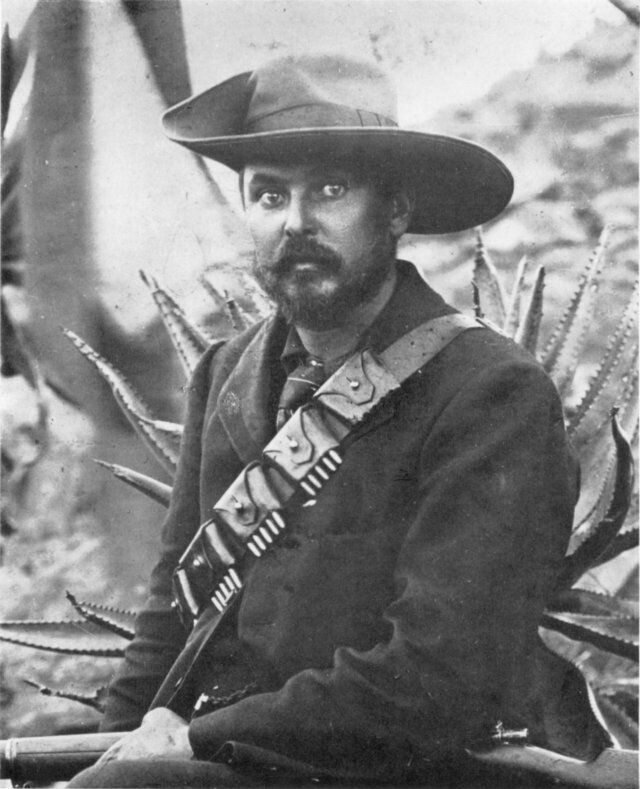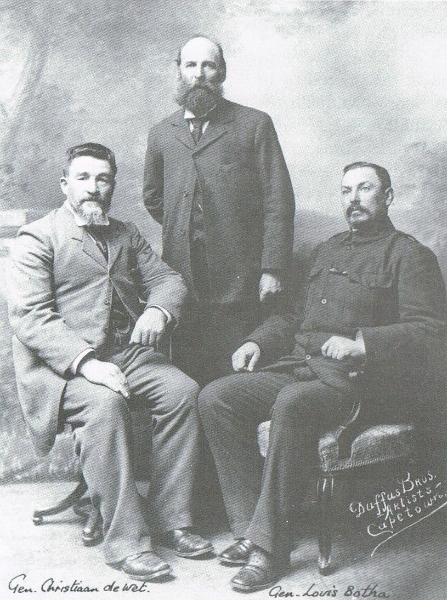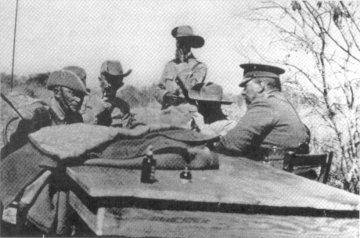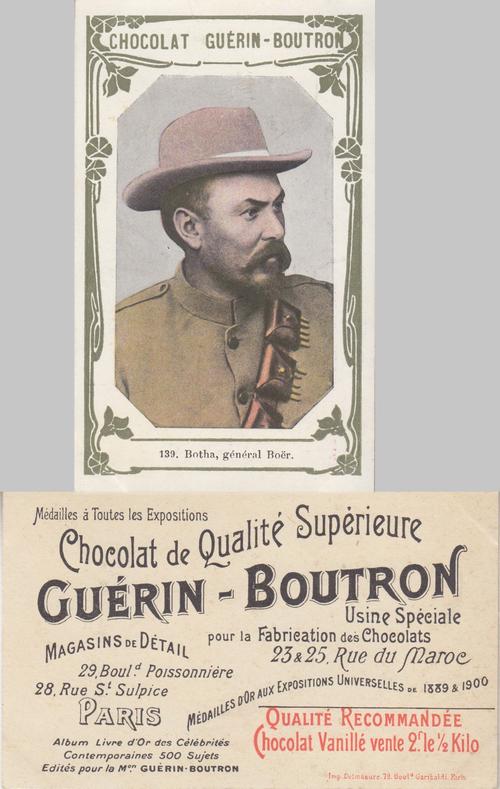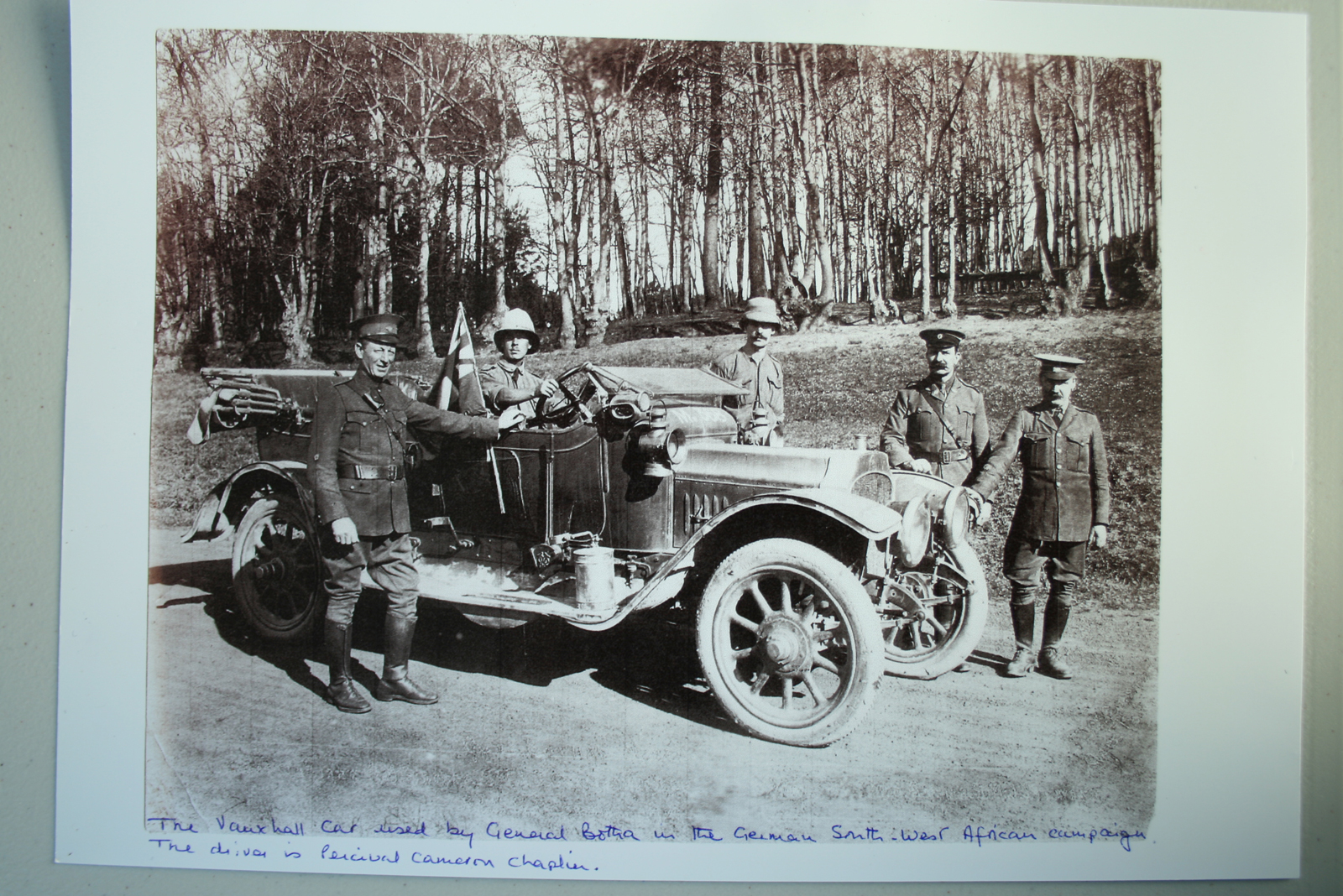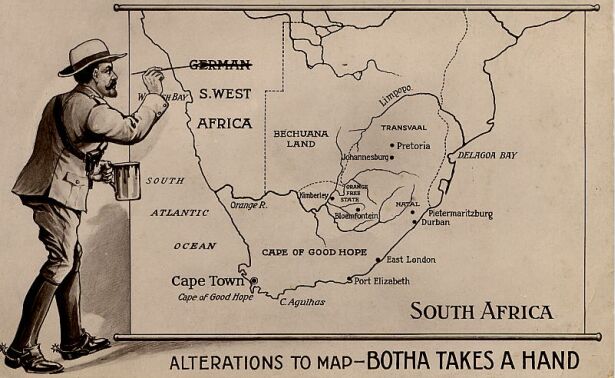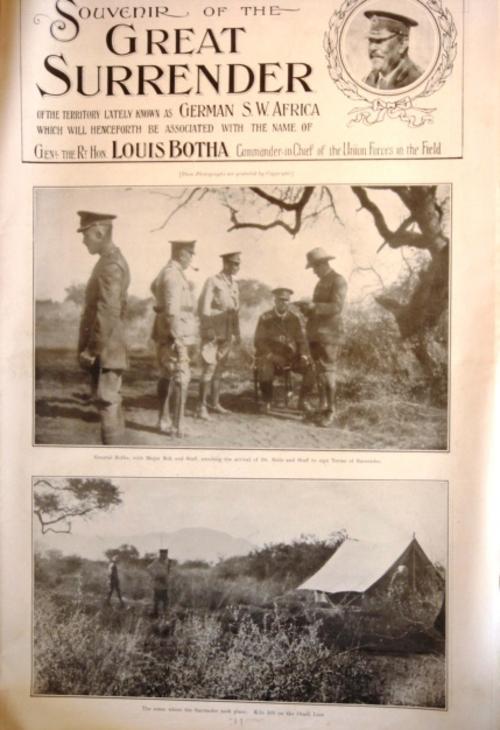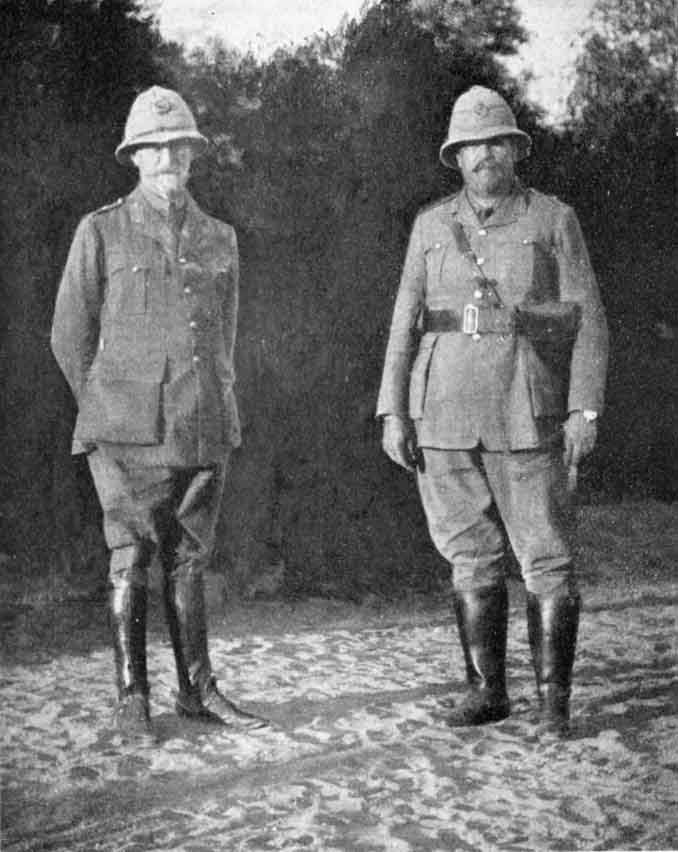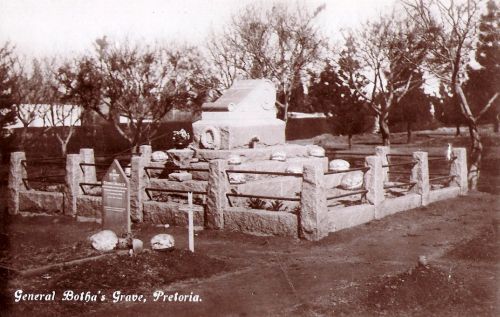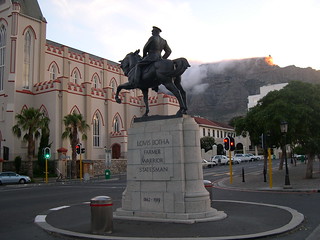Natal was proclaimed a British Colony in 1843, and administered from the Cape Colony in 1844. However, it was not until the end of 1845 that an effective administration was installed with Mr Martin West as lieutenant-governor that the power of the volksraad finally came to an end. In the Anglo-Zulu War of 1879 the British defeated the Zulu army, and Zululand was annexed to Natal in 1897.
In April 1842 Lord Stanley (afterwards 14th earl of Derby), then secretary for the colonies in the second Peel Administration, wrote to Sir George Napier that the establishment of a colony in Natal would be attended with little prospect of advantage, but at the same time stated that the pretensions of the emigrants to be regarded as an independent community could not be admitted. Various measures were proposed which would but have aggravated the situation. Finally, in deference to the strongly urged views of Sir George Napier, Lord Stanley, in a despatch of 13 December, received in Cape Town on 23 April 1843, consented to Natal becoming a British colony. The institutions adopted were to be as far as possible in accordance with the wishes of the people, but it was a fundamental condition "that there should not be in the eye of the law any distinction or disqualification whatever, founded on mere difference of colour, origin, language or creed." Sir George then appointed Mr Henry Cloete (a brother of Colonel Cloete) a special commissioner to explain to the Natal volksraad the decision of the government.
There was a considerable party of Natal Boers still strongly opposed to the British, and they were reinforced by numerous bands of Boers who came over the Drakensberg from Winburg and Potchefstroom.
Commandant Jan Mocke of Winburg (who had helped to besiege Captain Smith at Durban) and others of the "war party" attempted to induce the volksraad not to submit, and a plan was formed to murder Pretorius, Boshof and other leaders, who were now convinced that the only chance of ending the state of complete anarchy into which the country had fallen was by accepting British sovereignty. In these circumstances the task of Mr Henry Cloete was one of great difficulty and delicacy. He behaved with the utmost tact and got rid of the Winburg and Potchefstroom burghers by declaring that he should recommend the Drakensberg as the northern limit of Natal. On 8 August 1843 the Natal volksraad unanimously agreed to the terms proposed by Lord Stanley. Many of the Boers who would not acknowledge British rule trekked once more over the mountains into what are now the Orange Free State and Transvaal provinces. At the end of 1843 there were not more than 500 Dutch families left in Natal.
Cloete, before returning to the Cape, visited Mpande and obtained from him a valuable concession. Hitherto the Tugela from source to mouth had been the recognized frontier between Natal and Zululand. Mpande gave up to Natal all the territory between the Buffalo and Tugela rivers, now forming Klip River county.
Taken from: http://en.wikipedia.org/wiki/Colony_of_Natal [28.09.2012]






























